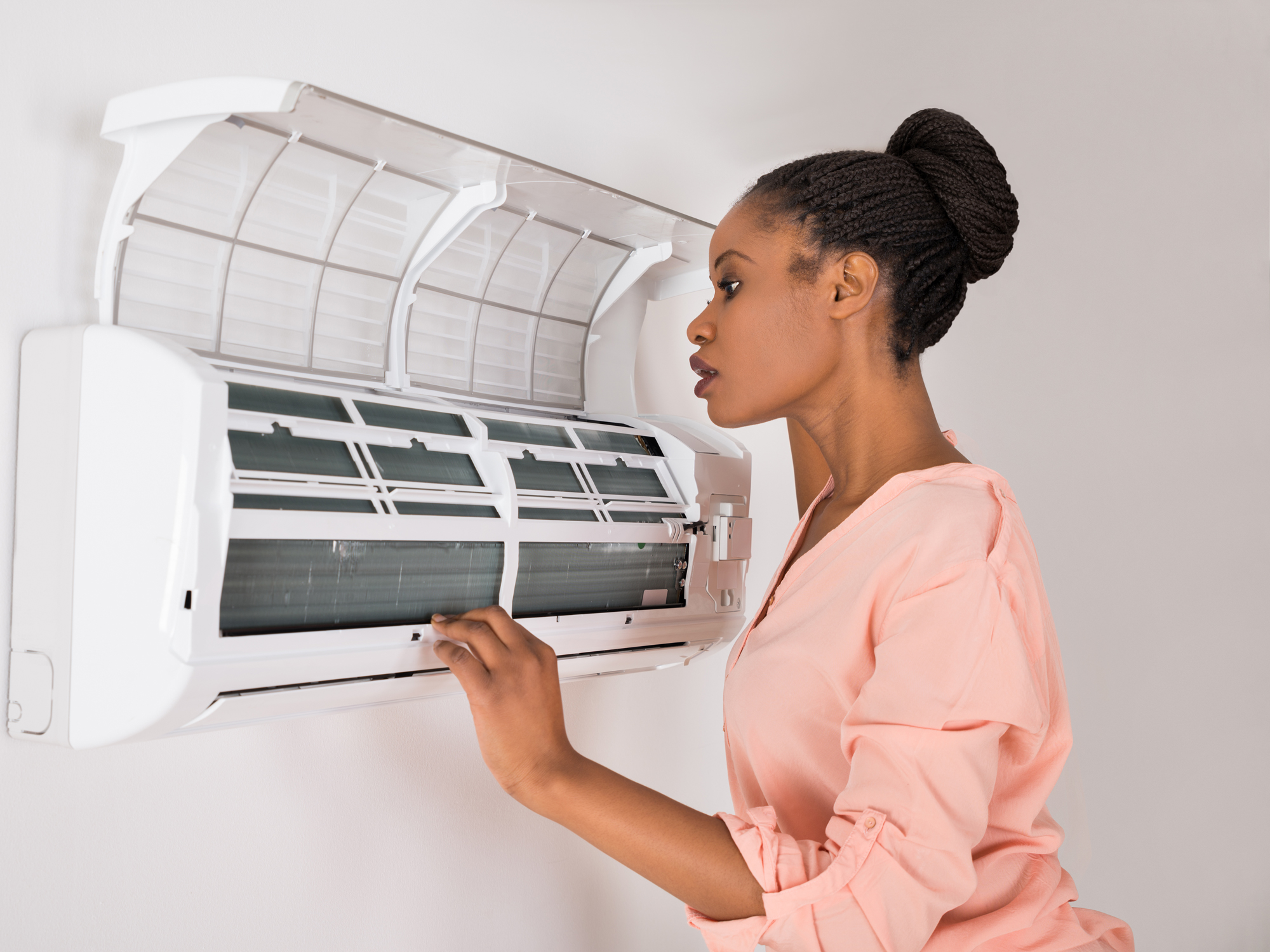Get Easy Health Digest™ in your inbox and don’t miss a thing when you subscribe today. Plus, get the free bonus report, Mother Nature’s Tips, Tricks and Remedies for Cholesterol, Blood Pressure & Blood Sugar as my way of saying welcome to the community!
Improve your home’s air quality or die early

Pollution is a big problem…
In years past, polluted waterways, factories sending smoke into the sky and leaded gasoline fumes led to disease and made us sick. So, the EPA set guidelines and, over the decades, the environment became cleaner.
But we rarely think of our homes as being polluted…
Think again. A new study shows that the Medicare population is suffering and at risk of early death from the air we breathe in our own homes…
The perils of indoor air pollution
A new study, published in the New England Journal of Medicine, reveals that exposure to air pollution places people at increased mortality risk. Researchers constructed an open cohort of nearly 61,000 Medicare beneficiaries, from 2000 to 2012, specifically to assess if indoor air pollution below the National Ambient Air Quality Standards was healthy.
In the entire Medicare population, the study showed “significant evidence of adverse effects related to exposure to particulate matter and ozone at concentrations below current national standards. This effect was most pronounced among self-identified racial minorities and people with low income.”
In fact, even small increases in ozone and particulate matter in the home increased risk of death by up to 13.6% in some cases. I can say this is surprising. Just recently we learned that particulate matter can lead to heart attack and most likely promotes Alzheimer’s.
In other words, there is no safe threshold for exposures to fine particulates and ozone; so we must take steps to clear our indoor air as best we can.
7 tips to improve your indoor air quality
There are many great way you can improve your indoor air quality that do not cost much at all.
- Install an air filtration system. These are great ways to clean the air through the air ducts (if you have a duct system; as opposed to baseboard heat). These do clean the air, but you must also clean the floors and look to prevent the pollutants from building in the home.
- Sweep wooden areas and vacuum carpeted areas. You must sweep and vacuum often to remove dust, pet dander, pollen, smoke and other pollutants from your home. Dusting the furniture, knick-knacks and bookshelves is also necessary.
- Minimize sources of indoor pollution. Ways to do this include not smoking indoors, not burning candles or wood fires in the home, keeping windows closed and air conditioners on (whenever possible) during high-pollen times, and keeping pets restricted to certain rooms only.
- Use exhaust fans. These usually are provided above kitchen stoves, in laundry rooms and bathrooms. Most are not automatic, so be sure to turn yours on when cooking, showering and drying clothes.
- Keep filters clean. The best filters are HEPA filters, and these can be used in whole-home air filtration systems, and also in vacuums. Be sure the clean them as often as required so they continue to remove the fine particulate matter from the air and the carpets. Oh, and don’t forget to clean the dryer filter!
- Keep chemicals out. Chemicals are nasty inventions that can harm the body and pollute the environment. Whenever possible, keep your chemical cleaning supplies, glues, paints and pesticides out of the home, or at least in a contained area of the home away from the main living spaces. Better yet, swap out the chemicals for greener options.
- Bring more plants into the home. Plants are a great way to clean the air. In fact, they do such a great job at removing certain air pollutants like ammonia, benzene, formaldehyde, trichloroethylene, and xylene, that NASA wrote an abstract about it titled, Interior Landscape Plants for Indoor Air Pollution Abatement












